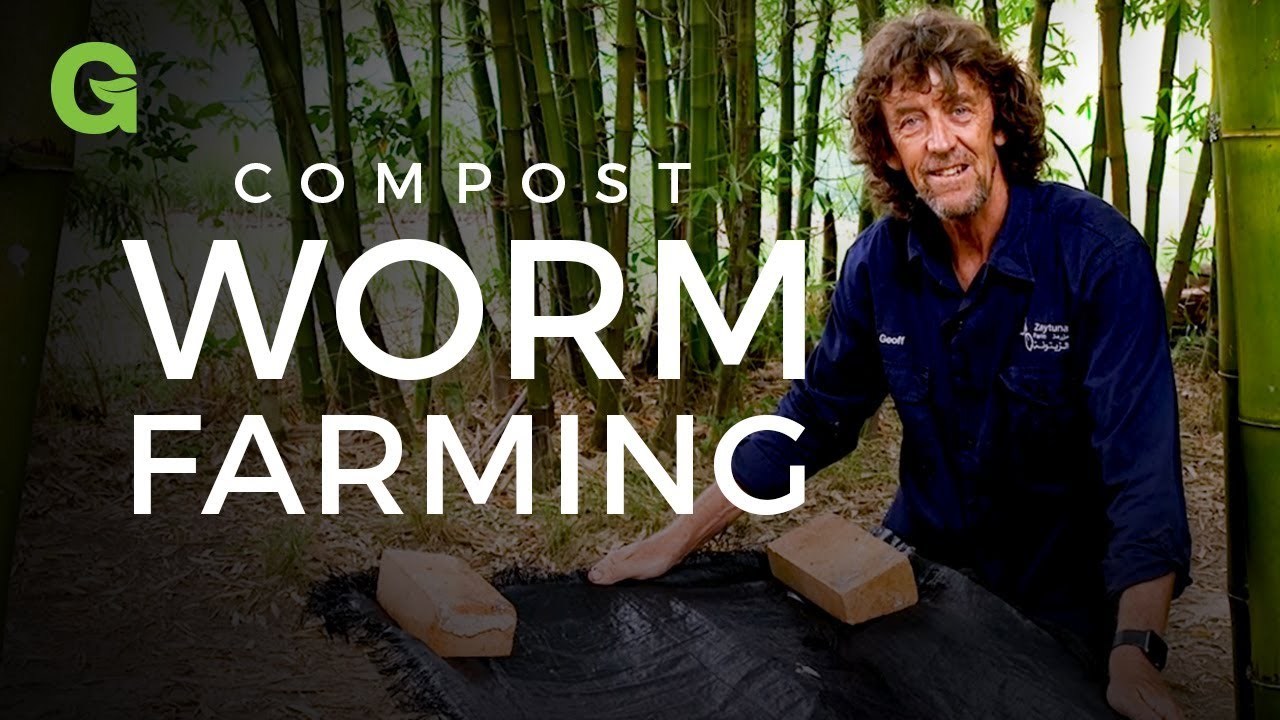How To Become More Self-Sufficient Without Starting a Full-Blown Farm…
Want to start preserving your harvest, making your own soap, or building a backyard root cellar — but not sure where to begin? “Homesteading Advice” gives you instant lifetime access to 35+ practical homesteading books on food preservation, veggie gardening, DIY natural cleaning products (save over $250 per year with this skill alone), brewing, off-grid energy, and a whole lot more…
Click Here To Check It Out Now!
Compost worm farms transform household waste into a resource, a very valuable resource, a nutrient-rich fertilizer (liquid and solid) while also closing the loop on food waste cycles in households.
Compost worms are a great way to make your own fertilizer for organic gardening, and they are equally as good for recycling food waste at home. The system will continuously create both liquid and solid fertilizer and close the food-waste loop.
Compost worms – red wrigglers, tiger, Indian night crawlers, African night crawlers, etc. are not earthworms. They eat their own weight every day, and the only thing they don’t like to eat are citrus peels and stuff from the onion family.
Every day, the system can produce a few liters of fermented worm juice. This can be used as is or watered down. Additionally, the solid results inside the bucket are worm castings, something that, in many ways, is better than compost. It’s got loads of beneficial bacteria.
You can use an ordinary bathtub, set up to drain as normal. Get a piece of wire and wrap it in screen to cover up the bath plug to act as filter. Fill the tub halfway with cow or horse manure (anything else would have to be aged) and add some worms. Then, top it off with food scraps each day, and the worms will come up for it.
Fill it up with water. The liquid draining out, picking up nutrient from the worm castings, and it makes excellent fertilizer. This is better than manure tea because it doesn’t go anaerobic and it has a neutral pH level. The final touch is adding a dense shade cloth over the top, protecting the worms from the sun and predators.
Key Takeaways:
• Composting worms are a great way to close the cycle of food-waste in your household and create daily liquid fertilizer, as well as incremental solid fertilizer (worm castings).
• A worm farm is easy to make out of an old bathtub: The liquid should drain out of the tub as normal, caught in a container, and the castings can be harvested about every three months.
• It’s important to cover the tub with dense shade cloth because the worms do not like the sun.
Check out the video below and for more information be sure to check out Worm Farming Secrets…
You might also want to check out this awesome worm composting operation too…
50 Square Meters Of Worm Composting Beds Producing 11k Liters Of Worm Poo Every 45 Day…
If you like this idea, be sure to share it with your friends and inspire someone you know. Anything becomes possible with just a little inspiration…

